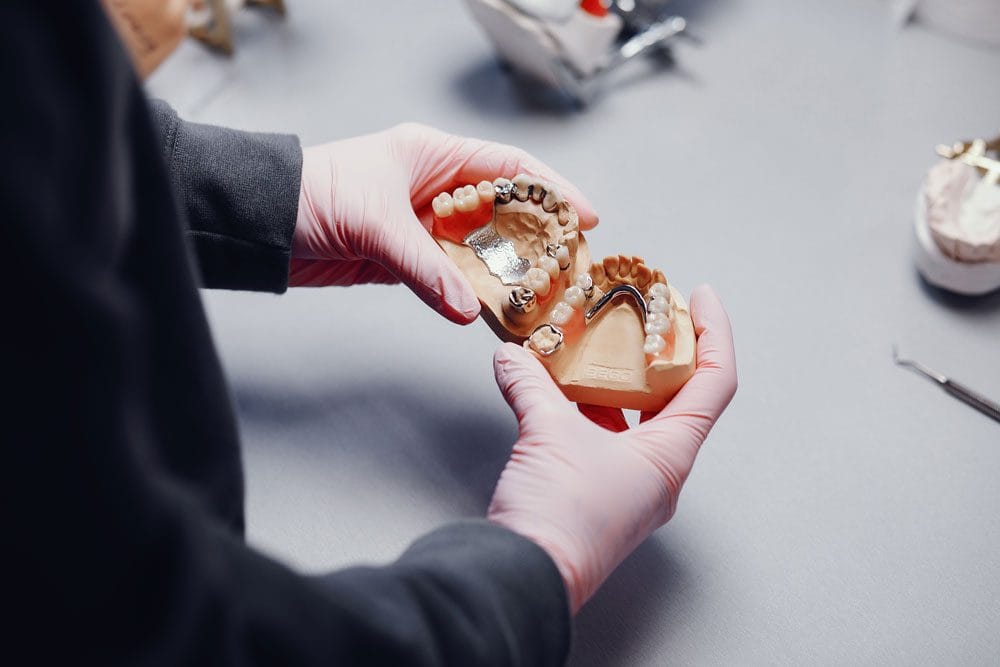Web designing in a powerful way of just not an only professions. We have tendency to believe the idea that smart looking .
Prosthesis treatment, also known as prosthetic dentistry, is a specialized branch of dentistry focused on restoring missing teeth and oral structures to improve function, aesthetics, and overall quality of life. At Green Village Medical, we offer comprehensive prosthesis treatment options tailored to each patient’s unique needs.
Prosthesis treatment encompasses a variety of procedures and devices designed to replace missing teeth and restore oral function. This includes dental implants, bridges, dentures, and other prosthetic appliances. Whether a patient is missing one tooth, multiple teeth, or all of their teeth, prosthesis treatment offers solutions to restore a natural-looking smile and optimal oral health.

The prosthesis treatment process typically involves several steps, including:


The prosthesis treatment process is typically performed under local anesthesia to ensure patient comfort. Some discomfort or soreness may occur after the procedure, but it is usually mild and can be managed with over-the-counter pain medication.
The lifespan of prosthetic devices varies depending on factors such as the type of prosthesis, oral hygiene practices, and overall oral health. With proper care and maintenance, dental implants, bridges, and dentures can last for many years.
While dental implants offer a durable and long-lasting solution for tooth replacement, not everyone is a candidate for implant surgery. Factors such as bone density, gum health, and medical history will determine eligibility for dental implant treatment.
Yes, prosthetic devices are designed to restore normal chewing, speaking, and swallowing function. It may take some time to adjust to wearing new prosthetic devices, but most patients adapt quickly and enjoy improved oral function.
Proper oral hygiene is essential for maintaining the health and longevity of prosthetic devices. Patients should brush and floss regularly, avoid hard or sticky foods that may damage the prosthetic device, and attend regular dental check-ups and cleanings.
